






The key challenge in the future of textiles is to review the traditional production processes in the light of innovative technologies, growing sustainabilities and consumer demands. The sustainability issue is currently the largest research area and the biggest objective for companies in a globalized world in constant rapid transformation. Rethinking the use of resources will add value in our approach to a new aesthetic, redesigning and reshaping the garments and final finishing. For this reason Calik Denim, a dynamic company in continuous evolution, has been following a sustainable path in its collection developments for many years, by creating projects that have marked guidelines and new standards in the denim industry. GREEN PRINT stands for “ecological footprint”, the indicator used to evaluate human consumption of natural resources with respect to the Earth’s ability of regenerating them. Denim now has a new imprint, ecologically impressed since the primary phase of production and two main colours: blue and green, as a value of respect for the environment. The GREEN PRINT BOOK collects all of these materials, in a clear and transparent way, always updated with the latest innovations and connected to the intrinsic values of environmental respect for living better in a better world.

We have been pursuing a passion… Ever since Calik Denim was founded, we have remained on our committed path of making positive impact, creating and pioneering meaningful change in life, in our industry and in the world we live in. We followed this instinct that had become a part of our corporate culture, the tighter we held it... Up until today, we have sustained and expanded our passion with countless solid steps, collaborations and our keen efforts on truthful innovations.
Walking on our path ever since, as of 2019, we have put our sustainability purpose into words: Passion for Denim, Passion for Life… is our purpose to make a positive impact for a better life.
Our aim is making a positive impact for a better life drives us forward to being
a leading denim brand, which stands for meaningful change.
Our passion for denim invokes our passion for life, as we are committed to
create true value and sustain it for life.
We are committed to achieve our purpose by
- Leading innovative products
- Creating a positive impact for/with Stakeholders
- Reducing our impact on the environment
We dream with passion.
We live with passion.
We create change with passion.
We have a “Passion for Denim, Passion for Life”…
…to make a positive impact for a better life.
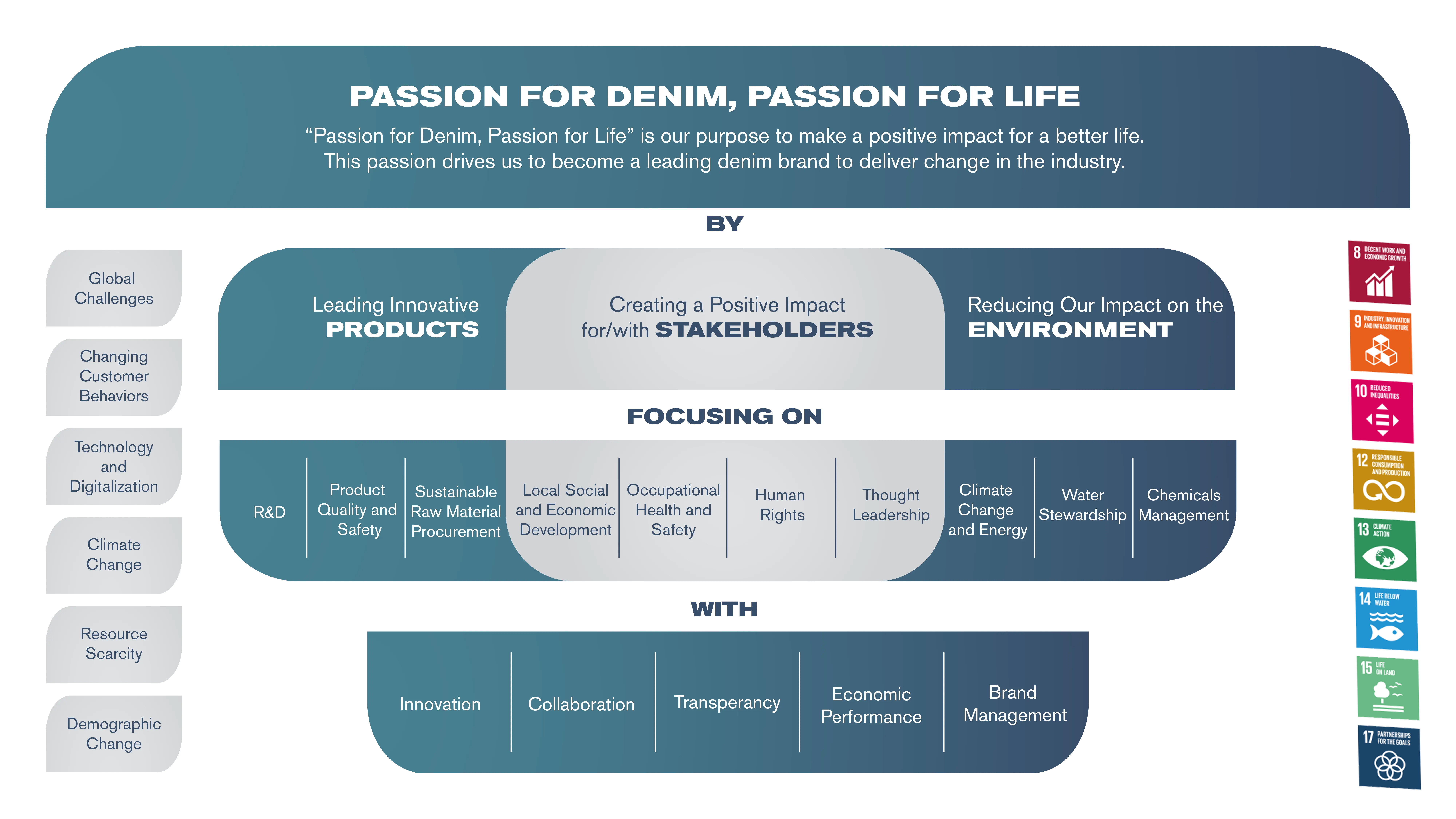

We are passionate about leading innovation. Because there is always a better way and no innovation is unimaginable.
Innovation is key to create true value and to sustain it. Innovation is a must to expand our vision. And, as we always grow and go forward as individuals and humanity, innovation is inevitable when we aim to create a better future and a better life. We are passionate to manufacture sustainable products. We heartfully invest in innovation, to create added-value and eco-friendly products in order to transform the industry for both denim and life, to make a sustainable world possible.
To realize our purpose, we focus on:
- R&D: We are passionate to invest in R&D and product development, as it is our priority to overcome the global challenges that our industry is facing today.
- Product quality and safety: We are passionate about denim and we are committed to offering our customers high-quality and safe products designed and manufactured in sustainable ways. We ensure end-user health and safety in line with our international standards and highest-level customer satisfaction.
- Sustainable raw material procurement: We are passionate about the sustainability of all our operations, beginning with sustainable raw material sourcing, adding value to the transparency and integrity of the entire value chain. We aim to encourage the denim industry to prefer sustainable raw materials in production. We aim to make a positive impact on our industry, in our lives and on the environment that we live in.
for/with Stakeholders
We are passionate about the power of collaboration. All of us can do great things, yet none of us is as powerful as “all of us”.
Our passion is a means to create positive impact, drive change for our employees, suppliers, customers, business partners and related communities. Multi-stakeholder collaboration on a national and global scale encourages creating true value for/with our stakeholders.
To realize our purpose, we focus on:
- Local, social and economic development: We are passionate about creating meaningful change; and this is only possible by contributing to local, social and economic development of the society we serve.
- Occupational health and safety: We are passionate to ensure the health, safety and wellbeing of all our employees and subcontractors.
- Human rights: We are passionate to sustain respect for human rights and embrace them fully along the entire value chain.
- Thought leadership: We are passionate to pioneer thought leadership, knowing well in our essence that each innovation was once an idea; each meaningful change was once a dream; and each step forward in the history of humanity was once a thought…
We are passionate about a sustainable world and a sustainable future. Reducing our negative impact on the environment means creating massive positive impact in the world.
Transforming ideas and inspirations into solid realities have always been a part of our dream. We always carried out a vision and a mission of solidifying a better future to live in. Thus we are committed to minimize our impact on the environment and protect nature through solid acts.
To realize our purpose, we call for a broad coalition of stakeholders to transformation our industry into sustainable and low carbon economies; and we invest in innovative tools to create solutions.
- Climate change and energy: We are passionate to nurture our world against climate change as we are committed to be sensitive, responsive and adaptable for a sustainable world.
- Water stewardship: We are passionate to conserve natural resources by designing sustainable products that require less water and promoting water recycling in our production processes.
- Chemicals management: We are passionate about the transformation of denim industry through solid chemicals management; both to ensure the health of the people and to eliminate negative impact on the environment.
As Calik Denim we aim to achieve our purpose with innovation, collaboration, transparency, economic performance and brand management, which are our precious enablers to make positive impact and create change for a sustainable world and for a better life.

We are passionate about living what we dream and envision. And only when we take solid steps, dreams become reality. Only then we awaken to a better life, to a better future, to a better world.
We are passionate to make positive impact and create change for a better life, which is only possible through solid steps and actions.
We have set goals for ourselves, with 2016 as the baseline, in major 4 categories that we have purposefully defined and embraced: Environmental Sustainability, Sustainable Raw Materials Procurement, Innovation and Thought Leadership and Stakeholder Rights.
The target updates are based on the targets achieved by the end of 2020.
- The target “100% increase in the power generated from renewable resources as compared to 2018” is achieved. Renewable enegy target was revised into two targets in order to diffirentiate actions between energy production and renewable energy purchasing.
- The globally accepted MRSL ZDHC lists version 1 is completed. According to the new published system, the target will now follow list version 2.
- New target added in the light of recent global sectoral trends.
- The target is revised to 60% after 30% was achieved.
- The target is revised to 60% after 20% was achieved.
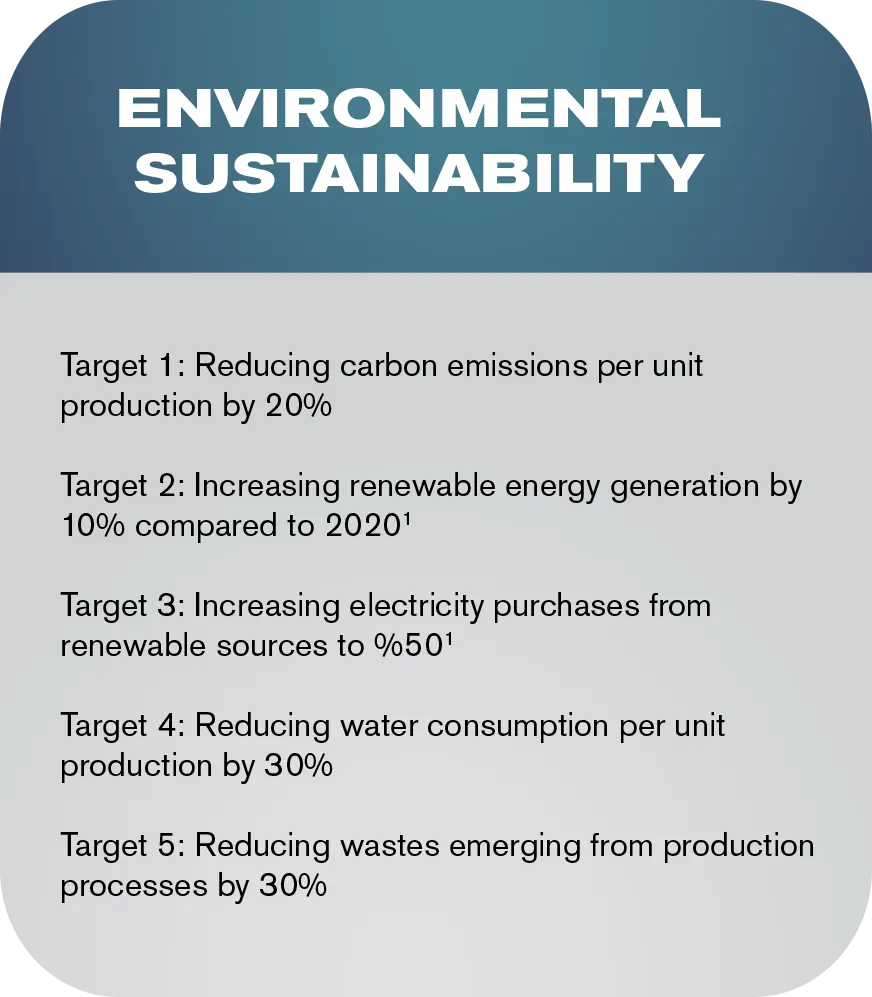
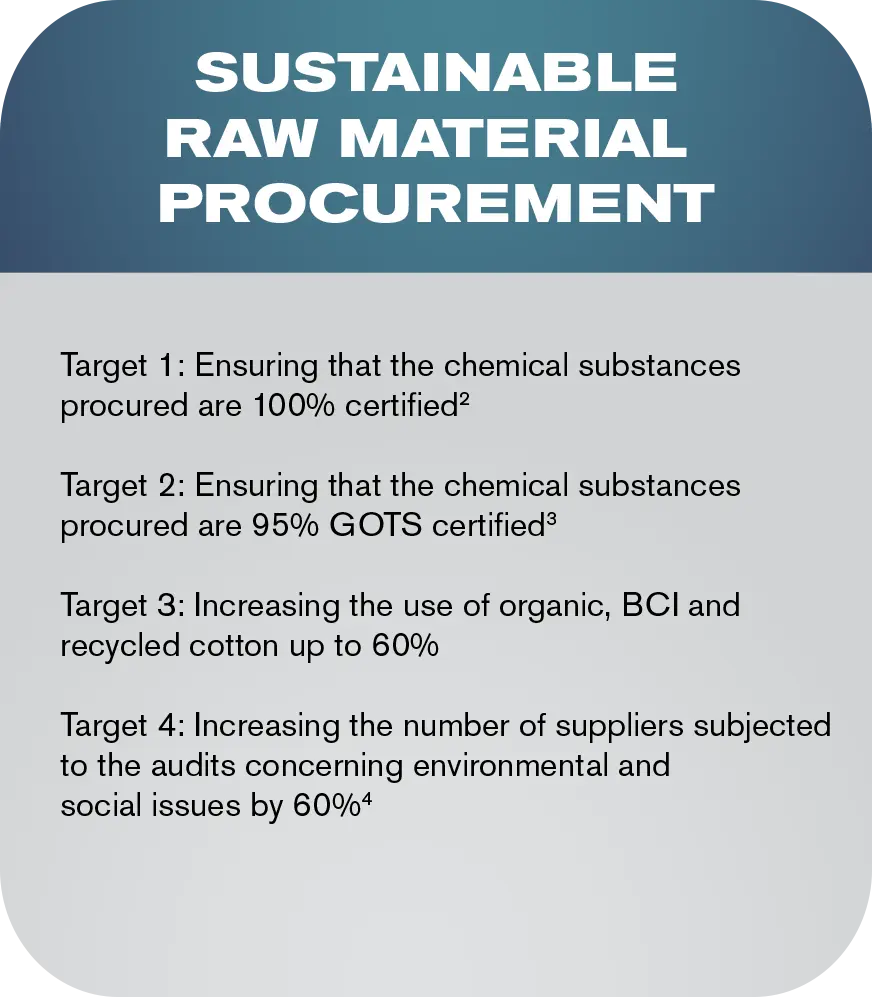
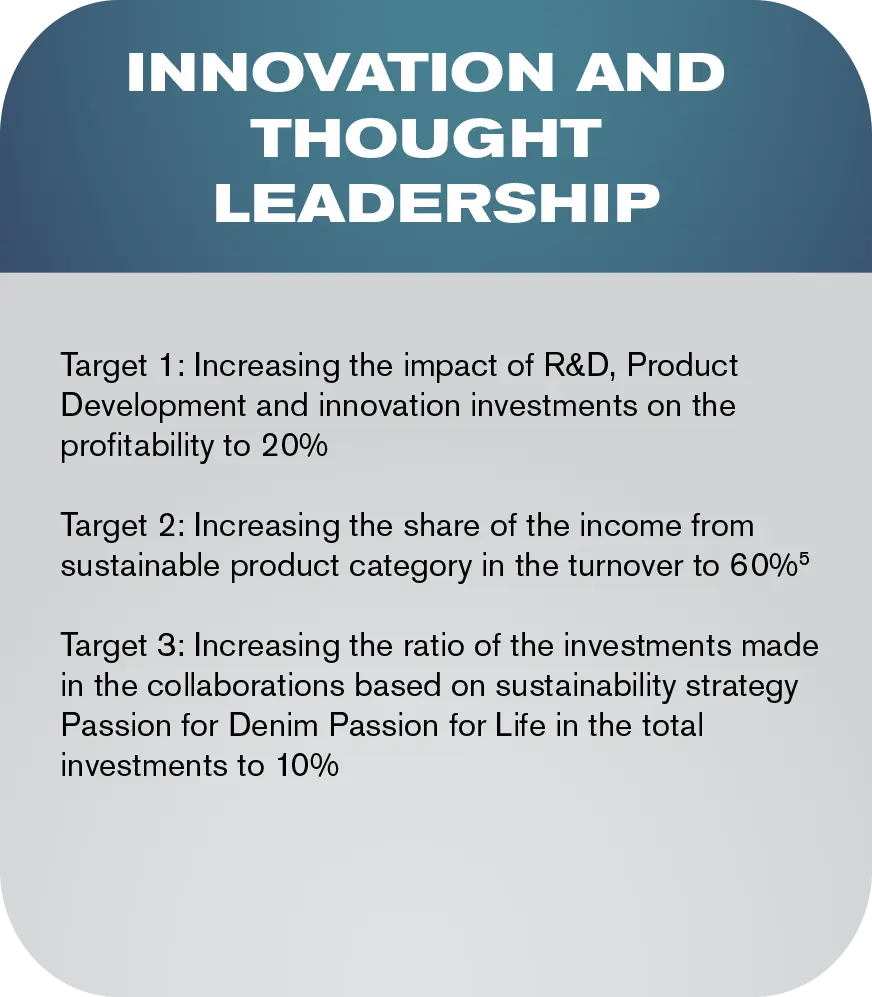
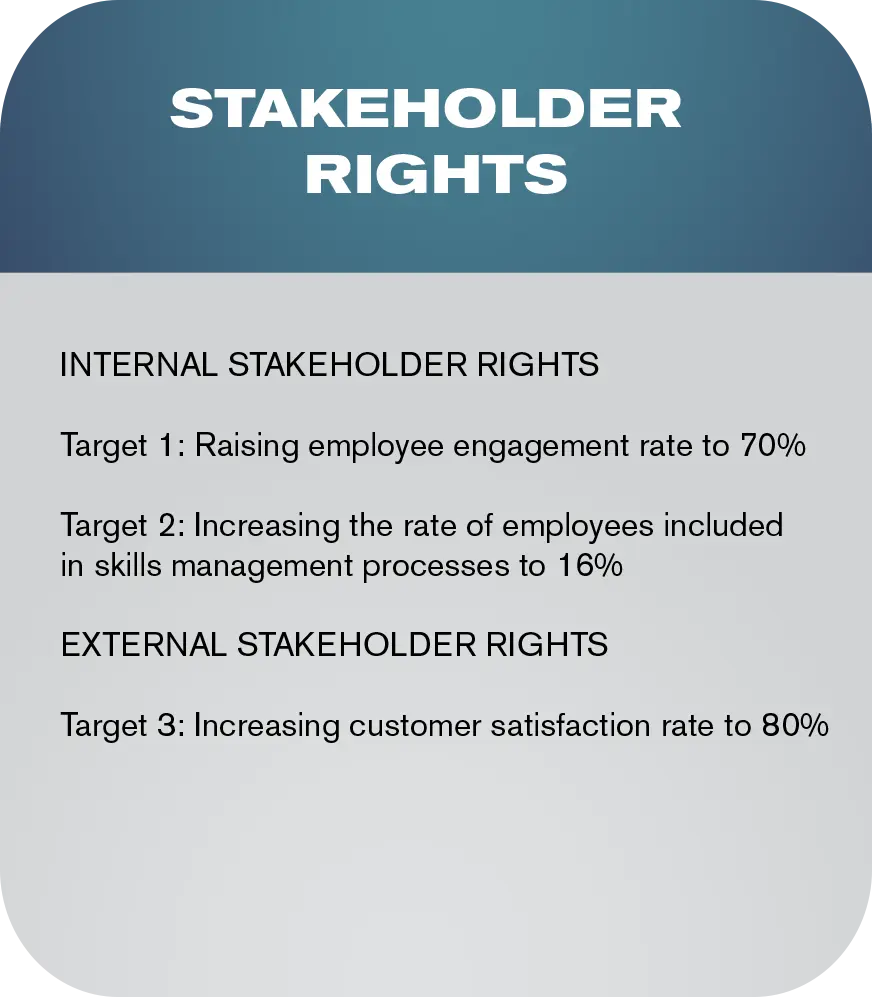

Calik Denim aim to encourage the denim industry to prefer sustainable raw materials in production.
Depletion of water resources is increasing day by day. Cotton is known as one of the most water consuming crops. Since the main raw material in denim manufacturing is cotton, Calik Denim engineers developed denim fabrics by using recycled cotton in the composition of articles to contribute water saving. Calik Denim uses Global Recycled Standard certificated pre-consumer and post-consumer recycled cotton for its products. Calik Denim’s Re/J concept offers products with 100% recycled content.
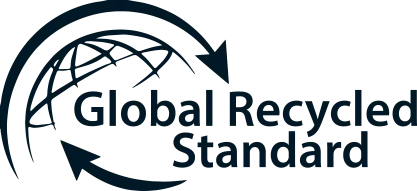
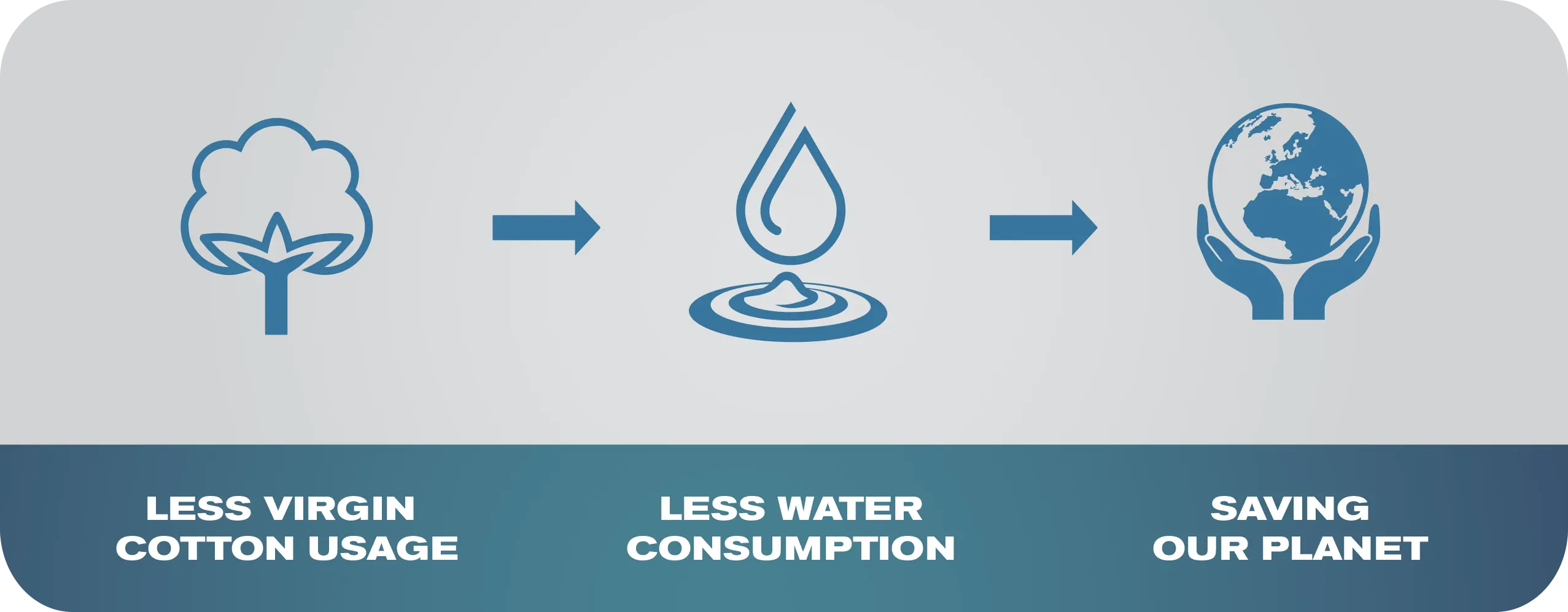
Regenerative agriculture encompasses any set of applications that support soil health and the regainment of organic carbon content. It is designed to rejuvenate soil and breathe new life into its micro-biological structure to counter nutrient depletion upon years of traditional farming practices.
Farmers generally turn to regenerative farming when they want to reduce how much time they spend plowing their field, or stop plowing it all together. Moreover, it allows them to plant more cover crops both to protect them and prevent the spread of weeds, as well as generate natural fertilizer.
Regenerative agriculture applications save farmers big on water and labor costs. It also keeps equipment use to a minimum because less plowing is involved, plus cuts down on carbon emissions during harvesting.
Calik Denim produces and uses regenerative cottons, in line with its sustainable production principle.
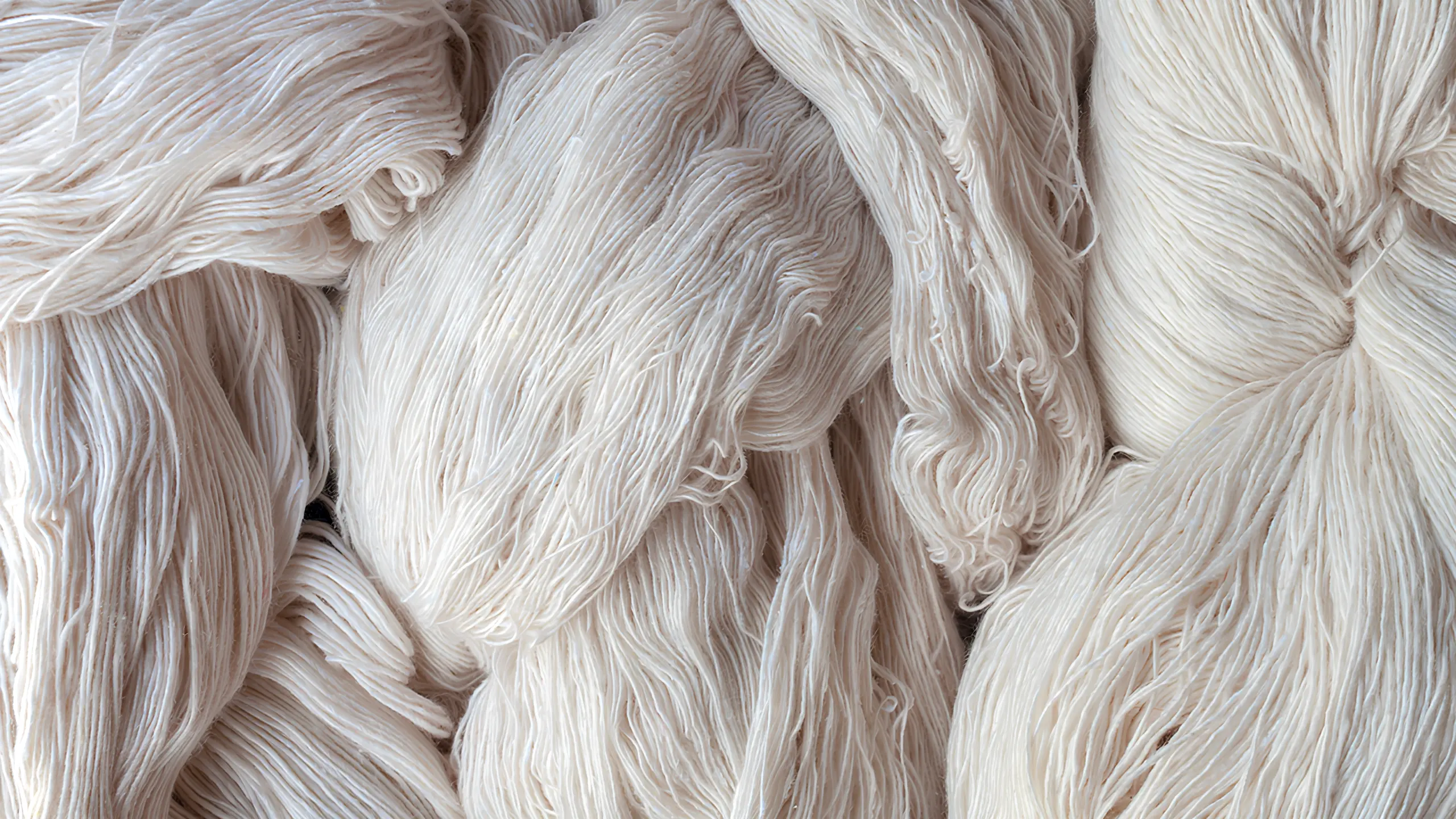
Repreve® Recycled Polyester is a high-quality recycled fiber that is certified and traceable. The fiber made from 100% recycled materials including post-consumer PET bottles and post-industrial fiber waste. For the related articles, Calik Denim uses special yarn structure which contains this post-consumer recycled polyester fiber blended with cotton.
As an additional benefit, this yarn structure creates a micro-climate between the fabric and the human body, offering a thermal comfort to the end-user.
NEWLIFE™Made from post-consumer plastic bottles, Newlife™ is an excellent quality and certified recycled polyester yarn. This high performance, fully traceable yarn can always be detectable by laboratory analysis and it is completely produced from recycled post-consumer plastic bottles by using a mechanical, not chemical process. Calik Denim produces fabrics also with this special recycled yarn.

Sustainably managed pine and eucalyptus forests and plantations are the source of Naia™. The yarn is manufactured through a closed-loop process where solvents are reused.
Naia has below features;
- skin friendly
- hypoallergenic
- cool touch
- comfortable
- soft
- silky touch
- naturally breathable
- fast drying
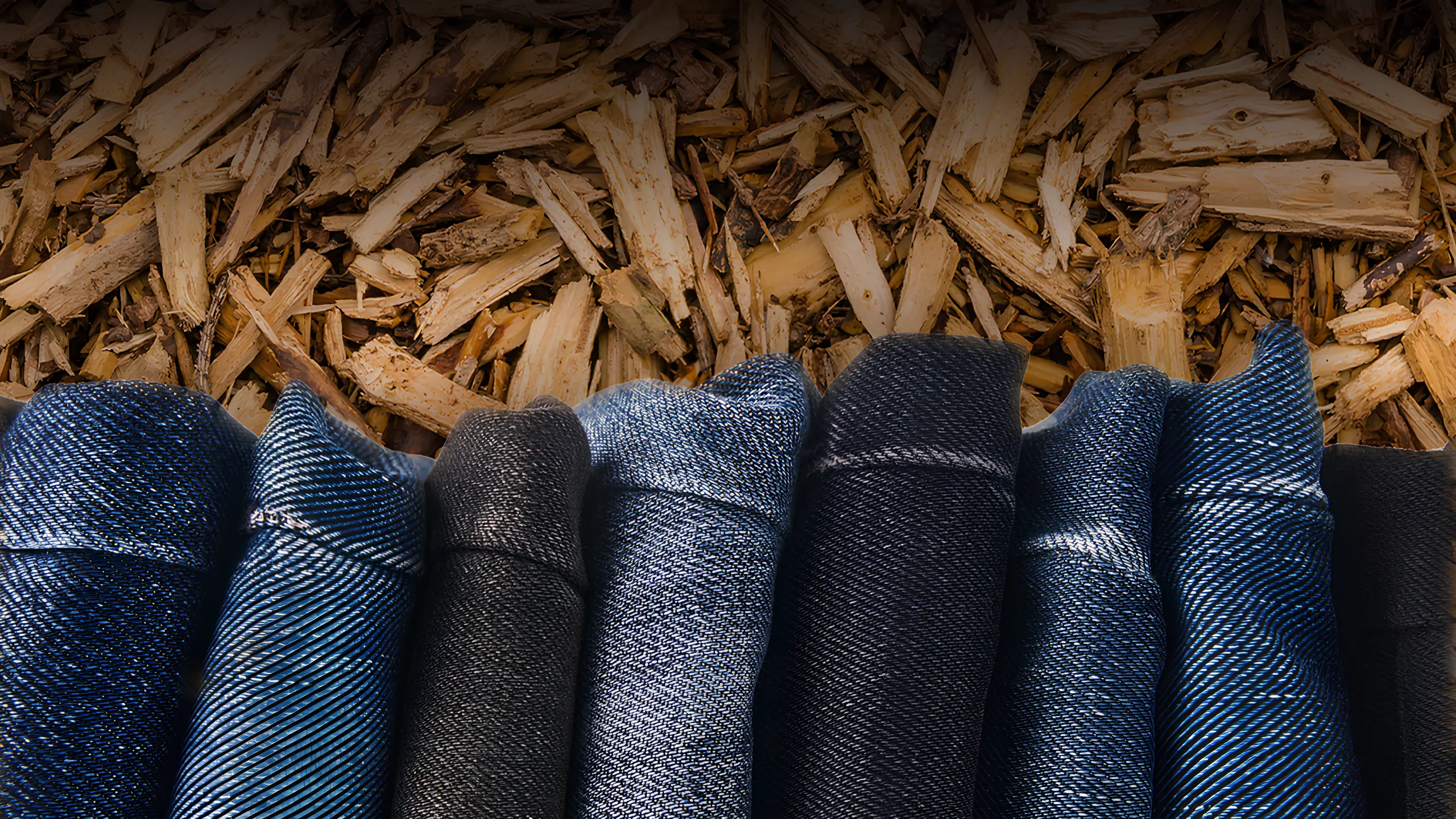
REFIBRA™ TECHNOLOGY
In the frame of Refibra™ technology, to produce new virgin Tencel™ Lyocell fiber which is included in the composition of the fabrics and garments, upcycling of cotton scraps (waste of garment production etc.) as well as wood pulp are utilized.
Refibra™ technology, originated from the awarded efficient closed loop manufacturing process of Tencel™ Lyocell fiber, is Lenzing’s first initiative for contributing to the circular economy.

Within the context of True Carbon Zero, Tencel™ enlarged its fiber offerings to new dimension of sustainability with carbon-zero Tencel™ Fibers.
Carbon-zero Tencel™ Lyocell fiber is produced by reducing carbon emissions and using renewable energy. The fiber is certified as CarbonNeutral©.
By adding carbon-zero Tencel™ fiber to its raw material portfolio, Calik Denim contributes to reducing climate impact.


Lycra© T400© fiber with EcoMade technology combines shape retention feature with sustainability. 50% of the fiber content is made from recycled PET while 18% of it is made from plant based material.
Calik Denim includes also Lycra© T400© EcoMade in its raw material portfolio.
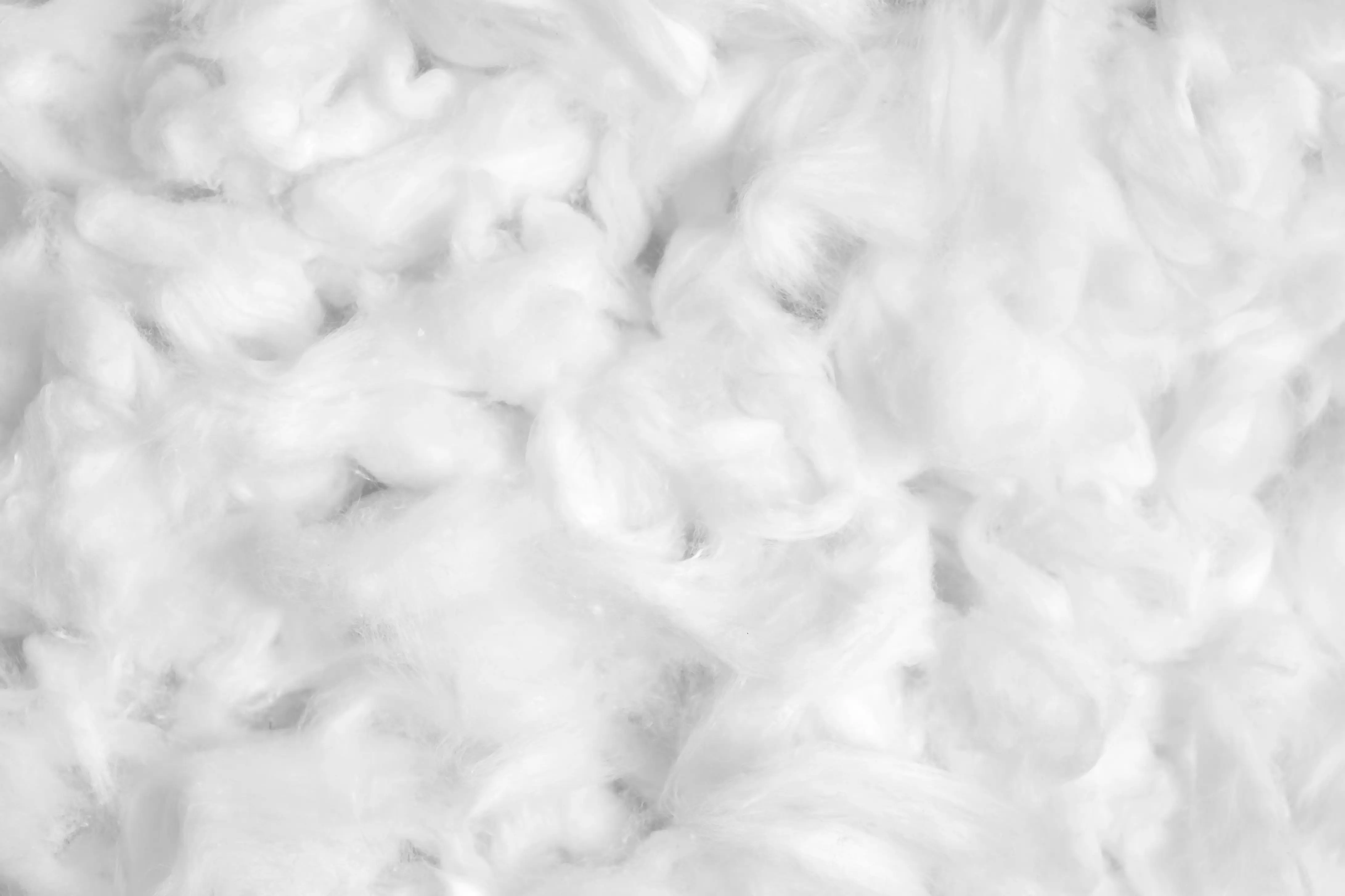
It is not permitted the use of toxic chemicals or genetically modified organisms (GMOs) for organic cotton farming. Organic cotton production supports the health of ecosystems and society since it allows natural processes instead of artificial input. In other words, the mix of synthetic pesticides, defoliants, herbicides and fertilizers that can pollute water and air is not used for the farming of organic cotton.
Calik Denim uses GOTS certifed organic cotton harvested from Sanliurfa for its related articles.
The Better Cotton Initiative, the largest cotton sustainability program in the world, aims making worldwide cotton production better for the people who farm it, for the environment and also for the future of the sector.
The production of cotton which is realized by BCI farmers is better measurably for the environment and farming communities.
Calik Denim became a member of BCI in 2013 to help creating more sustainable environment through this initiative.
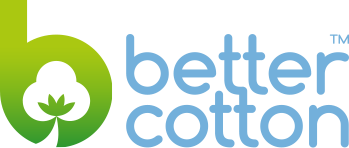
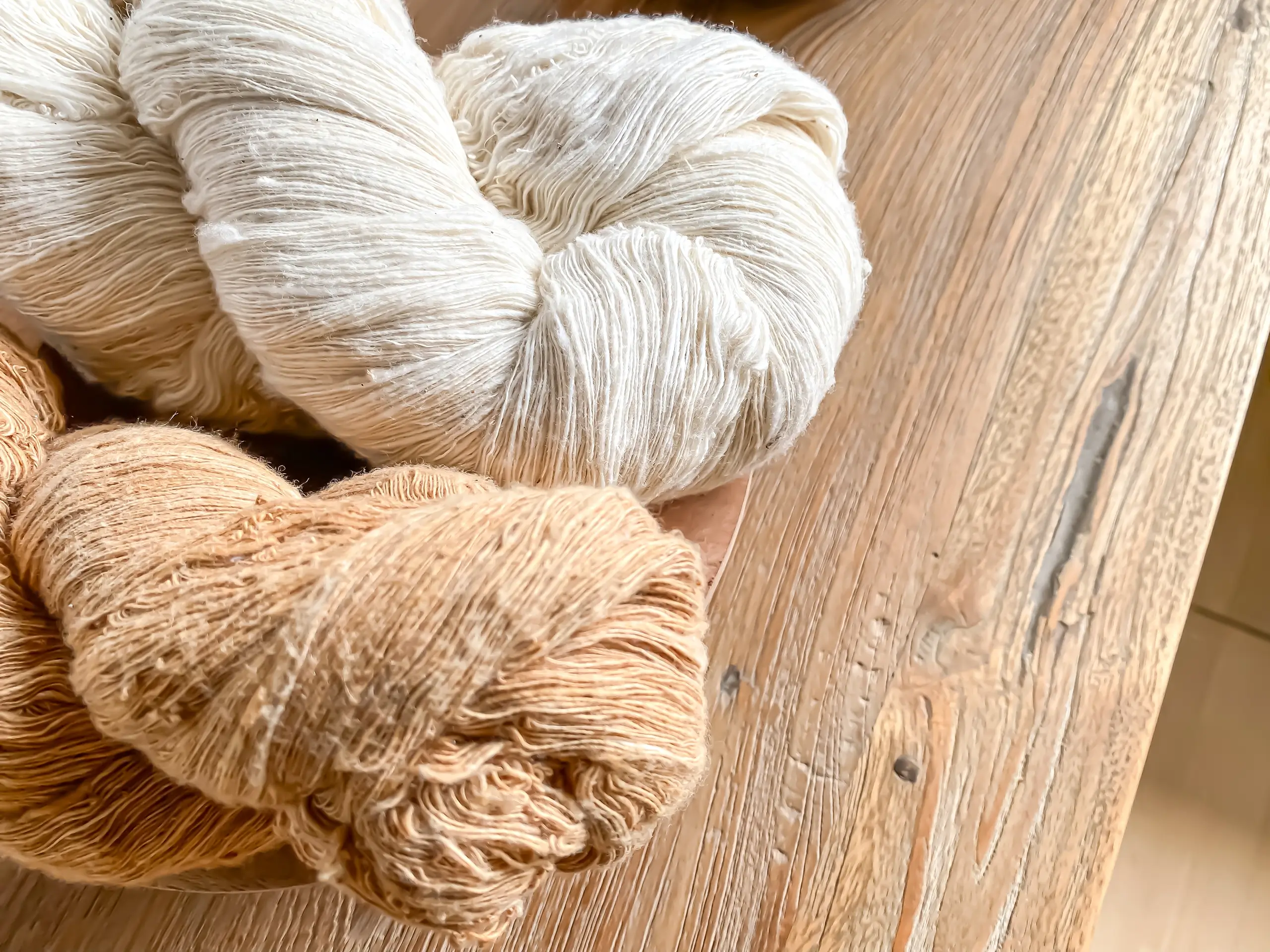
Calik Denim added cottonized hemp to its raw material portfolio as the fiber offers important advantages. Cottonized hemp looks like cotton, in addition it gives the feeling of cotton as well.
Hemp growing supports sustainable production as;
- Hemp growing needs very little water
- It grows very fast
- No pesticides, no herbicides are required to grow
- It is so fruitful regarding the amount of fiber per acre of land cultivated
Hemp offers many advantages as a fiber;
- Durability
- Breathability
- UV resistance
- Mold resistance
Calik Denim’s related articles include around 20% cottonized hemp in the composition.

To support a reduction in the use of cotton, hence to help water saving, Zero Cotton approach applied by Calik Denim as cotton is the key raw material of denim fabric production.
Instead of cotton; blend of several different fibers of botanic origin such as linen, hemp, lyocell, modal etc. are preferred for the application of Zero Cotton philosophy by Calik Denim.
Linen: Provides coolness in hot weather as well as air permeability to make body breathe. In addition, linen fiber is very absorbent, strong and it dries very fastly.
Hemp: Promises lightness and absorbency for clothings. It ensures high tensile strength as well. The fiber is perfect for outdoor wear as it has UV and mold-resistant features.
TENCEL™ Lyocell: The wood needed for the production of Lyocell fiber is sourced sustainably managed forests. The main properties of Tencel™ Lyocell are softness, smoothness, shiny look, durability, efficient moisture absorbency, breathability and skin gentleness.
TENCEL™ Modal: Mainly produced from the renewable source of beech wood, sourced from sustainable forests, TencelTM Modal fiber promises a pleasant cool feeling on the skin as well as natural softness and smoothness.
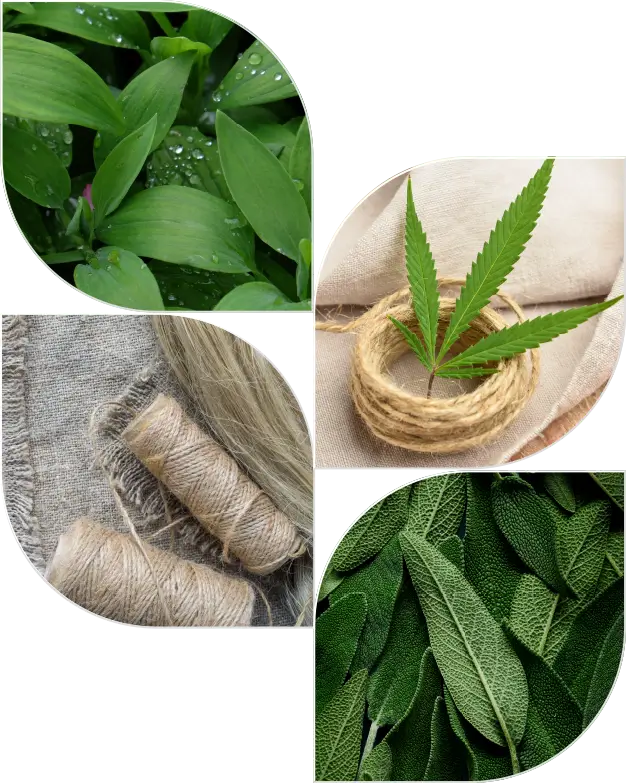

Calik Denim developed B210, Dyepro, E-Denim, Denethic, Washpro, D-Clear and Better Dye technologies to make a contribution to the protection of our planet. Thanks to these special technologies, the company offers eco-conscious fabrics to the industry.
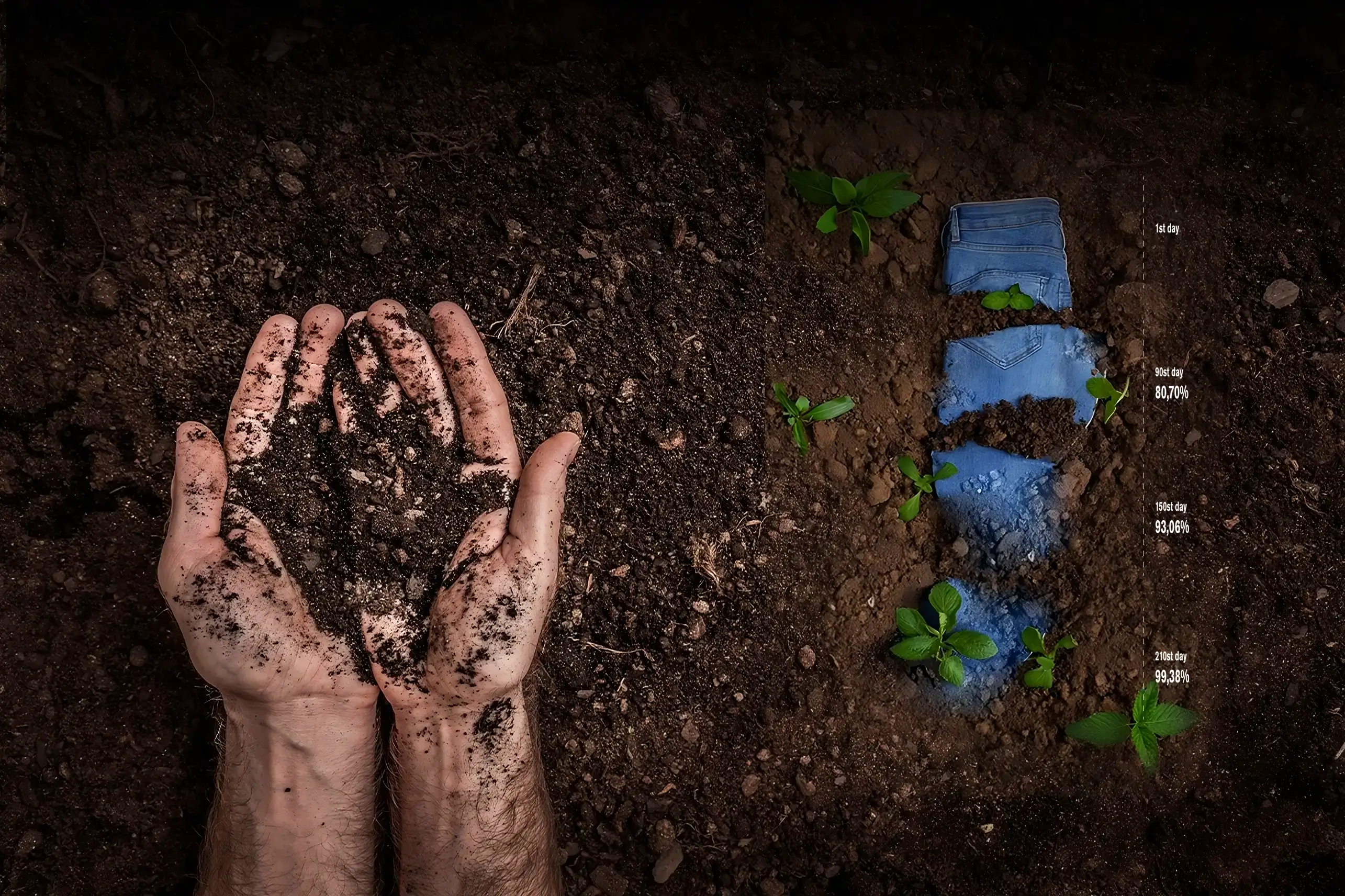
B210 is the latest innovation of Calik Denim. The technology is one of a kind and eco-conscious. It is a solid milestone for eco-friendly denim manufacturing. Thanks to the brand new technology fabrics are > 99% biodegradable in 210 days*. B210 was developed to achieve biodegradability for synthetic fibers which is something unique in denim industry. No textiles waste will be left to the environment. Furthermore, there is no limit in terms of elasticity and the technology can be combined with Calik Denim’s all stretch technologies.
*Standard Test Method for Determining Anaerobic Biodegradation of Plastic Materials Under High-Solids Anaerobic-Digestion Conditions (ASTM D5511-18)
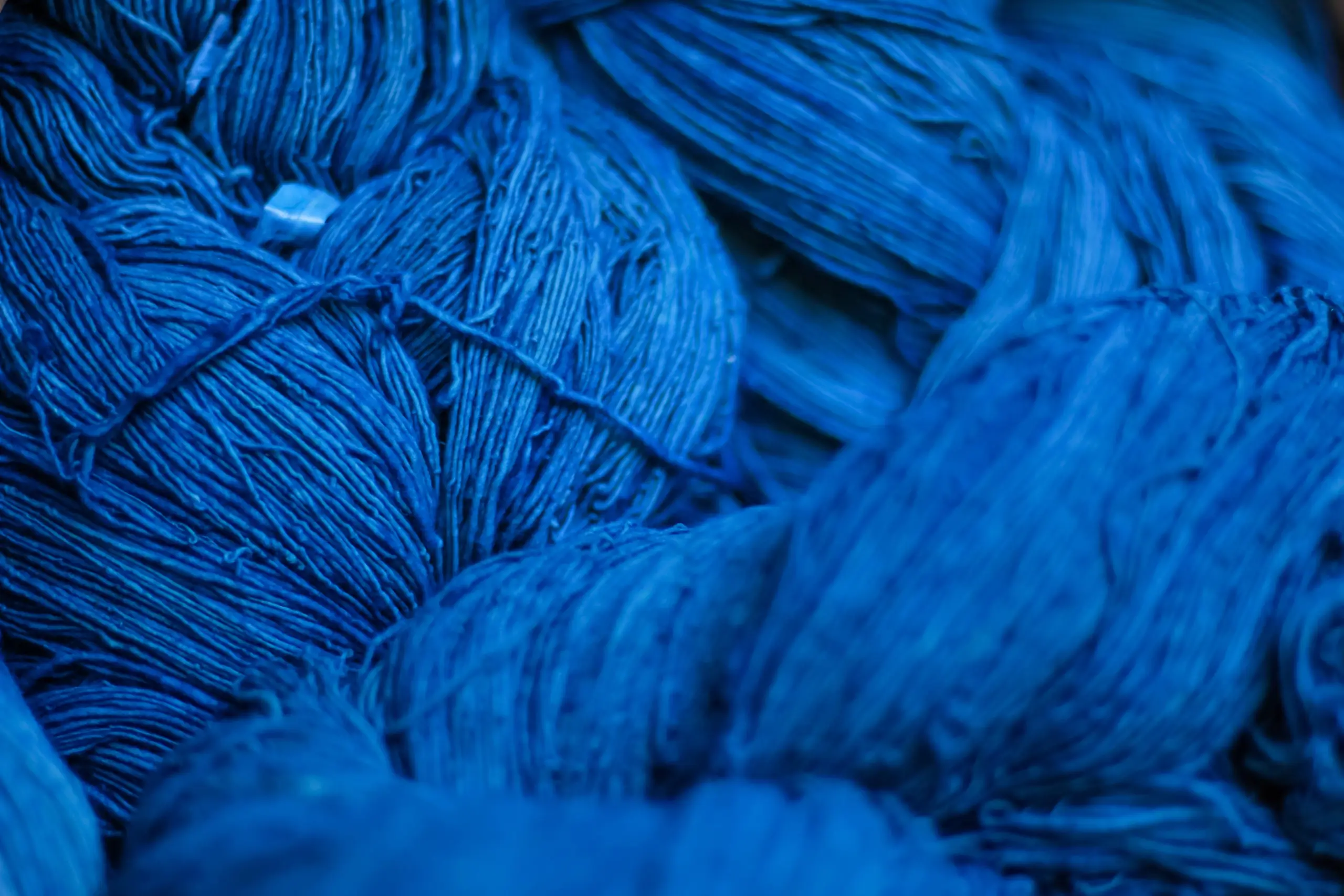

*Production capacity considered as 55 million meters of fabric.
**International Swimming Federation (2013). Retrieved February 22, 2021 from www.fina.org
***US Environmental Protection Agency (2016). Retrieved February 22, 2021 from www.epa.gov
Calik Denim’s sustainability-focused dyeing method Dyepro is completely water free. Besides, no chemical waste occurs during dyeing as the chemicals are reused. Since Dyepro enables significant resource saving, it supports eco-conscious production.
Combining its Dyepro technology with AWARE™, Calik Denim offers completely traceable fabrics. AWARE™ developed a rock solid technology that can truly verify the authenticity of recycled materials or sustainable dyeing.
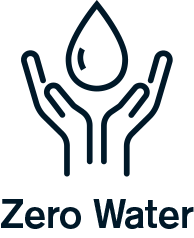
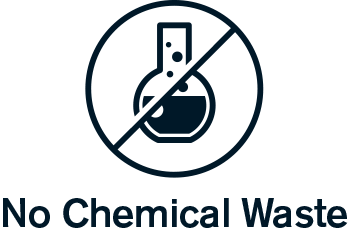
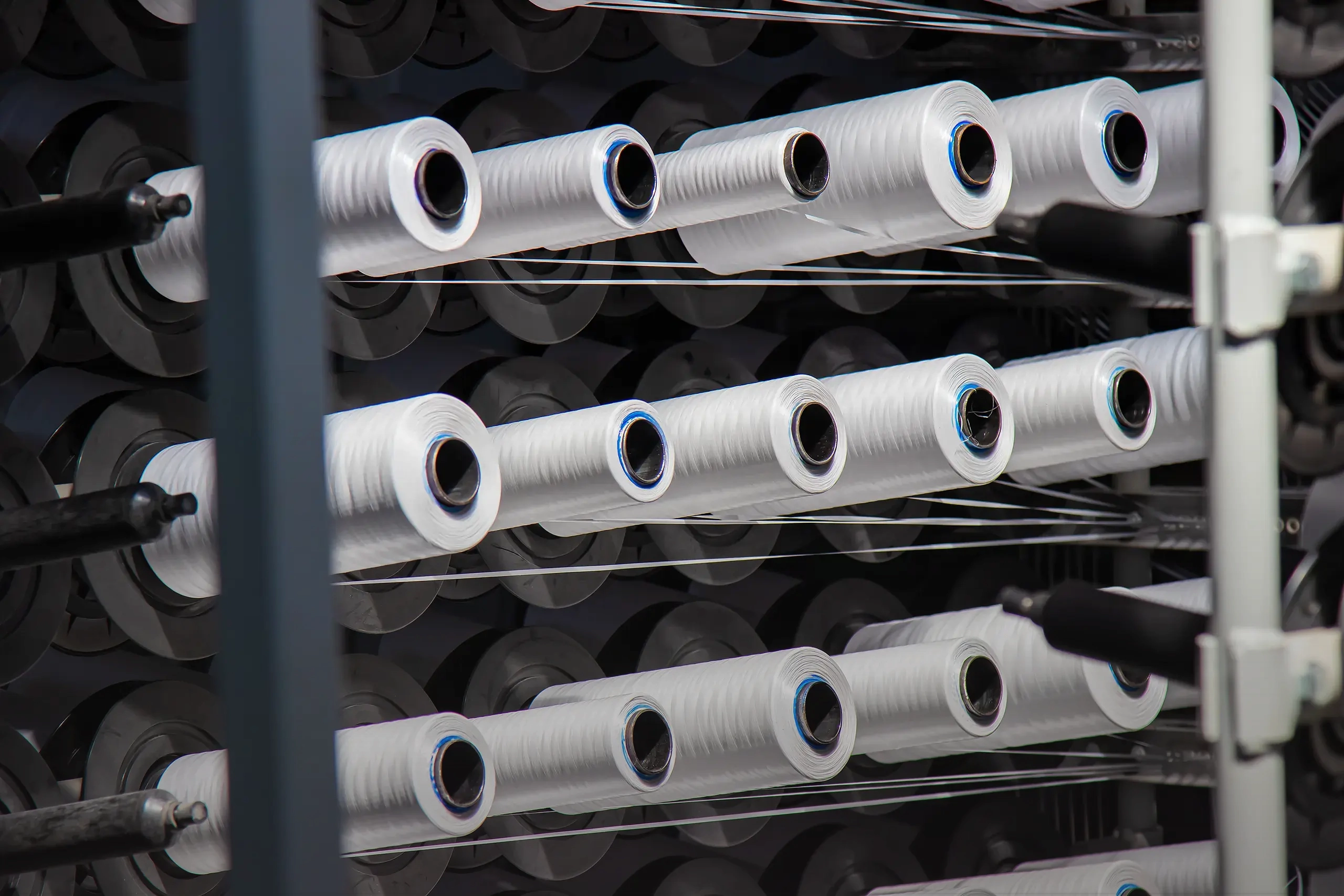
*The saving data for fabric produced with the E-denim technology.
**The International Football Association Board (2020). Laws of The Game 20/21. Retrieved
February 22, 2021 from www.theifab.com
***US Environmental Protection Agency (2016). Retrieved February 22, 2021 from www.epa.gov
****J. Chandaria, J. Hunter and A. Williams, “The Carbon Footprint of Watching Television,
comparing Digital Terrestrial Television with Video-on-Demand” 2011
IEEE International Symposium on Sustainable Systems and Technology (ISSST), vol. 1, 2011,
pp1-6, Retrieved April 6, 2021.
As Calik Denim cares a lot about “Circular Design”, the company invented a yarn technology* which maximizes recycled fiber content in the composition of the fabrics. As a result of this technology, significant amount of the recycled fiber exists in the core yarn whilst the rest exists in the outer layer of the yarn. This exclusive yarn structure supports high quality production and leads to achievemore premium look fabrics.
* Patent pending
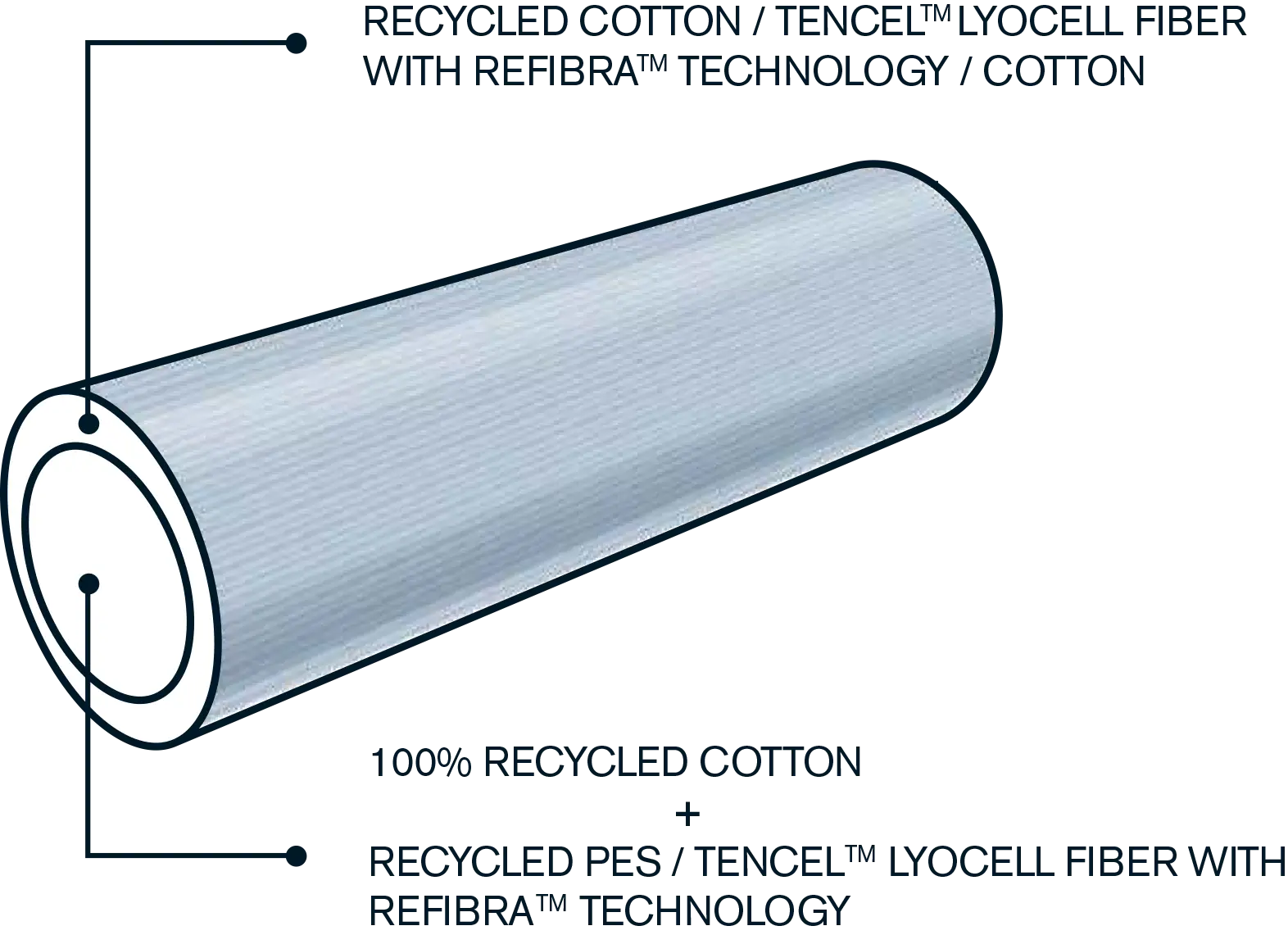


*Compared to the raw fabric, on which conventional washing processes are applied during manufacturing

* When achieving same target look in light shade, in comparison to the laundry data of the garment which was made of raw fabric manufactured with conventional washing processes at the mill
Denethic technology developed with sustainability approach by considering whole supply chain of a denim garment manufacture, creates significant resource saving values for both fabric production and garment washing steps.
Since there is an increasing tendency to prepare denim garments with as little as possible or even no environmental impact caused by laundry treatments, Calik Denim developed Denethic technology with an innovative approach, offering fabrics with rinse, rinse+enzyme, bleach wash effects.
For those who are looking for heavy wash effects on denim garments to reach vintage denim look, they can get these effects by laundering with remarkable less water, less chemicals and less energy compared to the regular denim fabrics.
Denethic technology featured fabrics are just the right address for new laundry technologies in terms of resource efficiency and achieving target authentic look.
Calik Denim’s Washpro technology promises long-lasting freshness for denim garments. Thanks to this advantage, end-users will need less number of washes for their denim garment’s life cycle. As each home laundry requires a lot of water and energy, Washpro featured fabrics provide significant saving of resources. Less home laundry leads to extended life cycle for a garment.
Besides, Washpro technology helps to reduce microfiber pollution in the oceans since it reduces number of needed home laundries, hence the reason it reduces waste water amount including microfibers. The freshness feature offered by Washpro is long-lasting even after industrial laundry treatments.
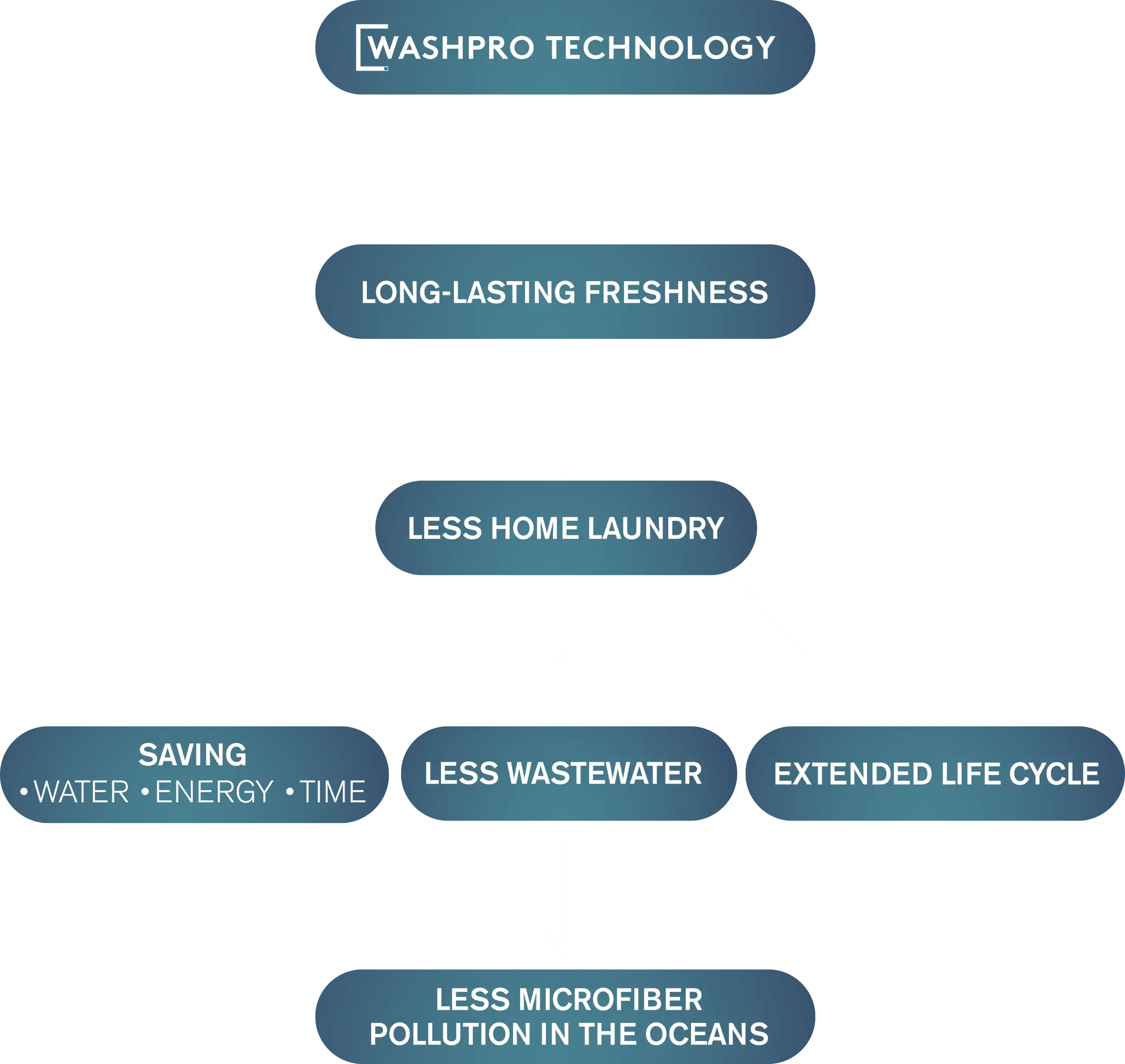
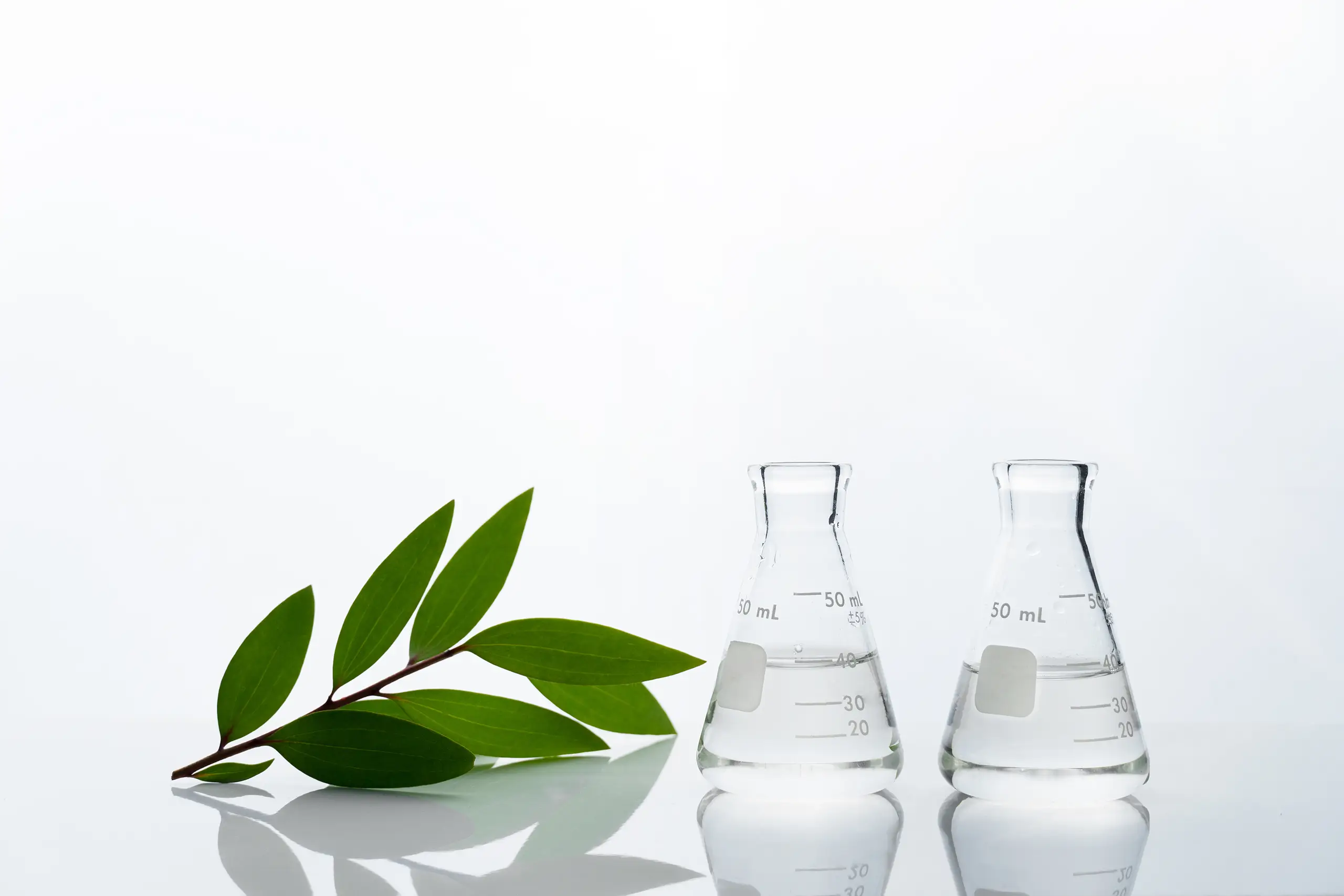
D-Clear technology of Calik Denim offers considerable saving values for both Indigo / Sulphur Dyeing and Finishing steps of production.
• Decreases water consumption from 10 liters to 6 liters at Indigo / Sulphur Dyeing process per kg of yarn
• Makes possible to use only 9 grams of chemicals per liter at Finishing process instead of using 150 grams
• Reduces water consumption from 6,4 liters to 1,1 liter at Finishing process per meter of fabric

Better Dye process is applied at Calik Denim’s Indigo Dyeing facility to offer better environmental impact as indigo dyeing is a process which requires considerable amount of water and chemical substance.
Eco-friendly Better Dye process is salt-free and it provides significant reduction of waste water parameters. The process leads to save valuable resources, hence it reduces the carbon footprint of products.
- Reducing Sulphate up to 20%*
- Decreasing Chemical Oxygene Demand up to 44%*
- Reducing Suspended Solids up to 8%*
- Decreasing Water Consumption up to 25%**
- *Compared to dyeing with Indigo VAT Solution + Hydrosulphite
- **Compared to dyeing with Indigo Powder + Hydrosulphite
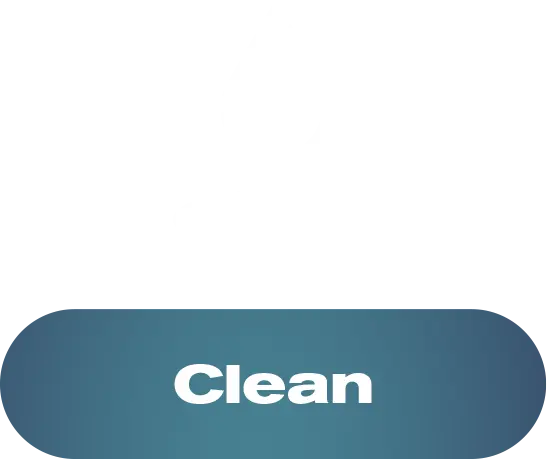
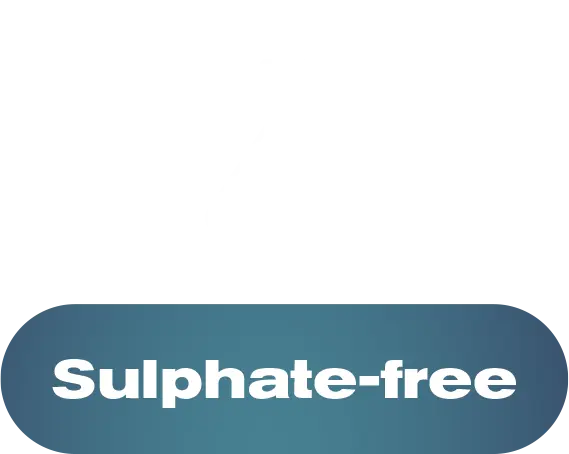

To provide a credible assurance to its customers, Calik Denim makes production certified with below standards.
EU Ecolabel, acknowledged across Europe and worldwide, aims to support products and services with reduced enviro nmental impact. It is the label of environmental excellence that is issued to products and services achieving high environmental standards throughout their life-cycle: starting from raw material extraction, including production till distribution and disposal.
The criteria of EU Ecolabel was developed by concentrating on the phases where a product has the highest environmental impact. This phase changes from a product to another. With this aspect, the experts aim to reduce the harm given to the environment as much as possible.
To promote circular economy, EU Ecolabel encourages companies to create less CO2 and waste while production and helps European consumers to detect more environmentally friendly and healthyproducts and services.
Currently, EU Ecolabel criteria is available for specific product groups and only the products which belong to these groups can be awarded with the label.
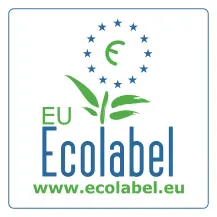
Family farmers who are committed to working their lands in a sustainable way and leaving them better for the world are included in COTTON USA. Innovative harvesting and ginning technology at COTTON USA leads to higher-quality cotton. A commitment to unparalleled transparent partnership is a part of COTTON USA as well.

The Trust Protocol is aligned with the U.N. Sustainable Development Goals and it brings quantifiable and verifiable targets and measurement to more sustainable cotton production while driving ongoing improvement in six key sustainability criterias which are soil carbon, land use, water management, soil loss, energy efficiency and greenhouse gas emissions.

One of the world’s leading standards for sustainably produced cotton is Cotton made in Africa which is an initiative carried out by Aid by Trade Foundation. In addition to protecting environment, the aim of the initiative is to help people help themselves, via trade rather than donations. By this way, conditions for life and work of smallholder farmers in Africa are expected to be improved. Cotton made in Africa works with broad network in cotton-growing countries, including many partners in textile value chain, also both governmental & non-governmental organizations, to guarantee the execution of the standard and the correct processing of certified raw materials throughout the world.
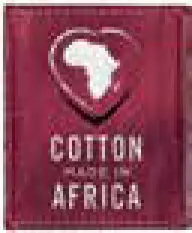
Nordic Swan Ecolabelled textiles have to comply with a range of environmental, health and quality requirements.
The fiber production as well as the use of chemicals during manufacturing are core issues for the criteria. By both limiting values and prohibiting some substances that are harmful to health and the environment, the requirements for chemical usage is identified. Thus, the criteria focuses on decreasing the environmental impact of the manufacturing while taking the health of both workers and consumers into consideration.
Nordic Swan Ecolabel also evaluates the quality of the textiles by considering some factors such as colour fastness and shrinkage.
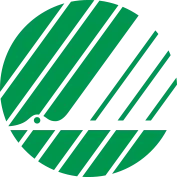
Ensuring high level of safety from harmful levels of chemical substances, the Standard 100 by OEKO-TEX® is a global testing and certification system for textile products from the thread to the ready-to-use items.
Several regulated and non-regulated substances which may be harmful to human health.
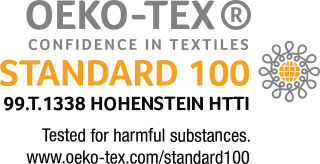
OEKO-TEX® STeP stands for Sustainable Textile & Leather Production and is a modular certification system for production facilities in the textile and leather industry. The goal of STeP is to implement environmentally friendly production processes in the long term, to improve health and safety and to promote socially responsible working conditions at production sites.
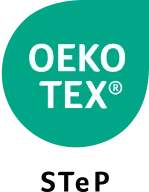
This standard defines requirements to ensure organic status of textiles, from raw materials, through environmentally and socially responsible production till labelling in order to give a guarantee to the end user.
The processing, production, packaging, labelling, trading and distribution steps are evaluated within the scope of this standard.
The Organic Content Standard is a global and voluntary standard providing assurance for materials originating on a farm certified to approved national organic standards. It is used to check raw materials that are grown organically from land to end product.
The OCS aims to increase the production of organic farming.
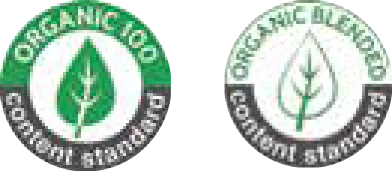
The Ellen Macarthur Foundation works to promote circular economy that is created to prevent waste and pollution, circulate products and materials (at their highest value), and regenerate nature. Thanks to this economic system, better outcomes for people, and the environment occur. Partners of the foundation for this system are business, academia, policymakers, and institutions with the aim of mobilizing systems solutions at scale, globally.
Calik Denim is among the members of Ellen Macarthur Foundation.

(C-TPAT)
In order to secure and facilitate the movement of legitimate international trade, a U.S. Customs and Border Protection (CBP) voluntary trade partnership program is existing which is named as Customs-Trade Partnership Against Terrorism (C-TPAT). In this program CBP and members of the trade community partner up. Beginning at the origin point (manufacturer, supplier, or vendor included) through a distribution to the destination point, the supply chain is considered to improve security. With the aim of protecting supply chains from terrorist infiltration and other illegal activities that risk the United States’ security, C-TPAT member companies confirm to apply certain security procedures throughout their supply chains.

The Global Recycled Standard tracks and confirms the content of recycled materials in a final product whilst assuring manufacturing requirements such as social and environmental practices and chemical restrictions.
Increasing the use of recycled materials in products and decreasing the harm resulted by the manufacturing of it are the main purposes of the GRS.

Requirements for third-party certification of recycled input and custody chain are identified by Recycled Claim Standard. The standard carries out evaluation and verification of the presence and amount of recycled material in an end product.

As an ethical trade membership organization, Sedex is working with businesses with the aim of improving working conditions in global supply chains. Social auditing methodology of Sedex, namely SMET (Sedex Members Ethical Trade Audit) is the most common social audit in the world. It enables businesses to evaluate their sites and suppliers to comprehend working conditions in their supply chain. A site based on its organisation’s standards of labour, health and safety, environment and business ethics is assessed by SMETA. According to Sedex, these are key criterias for evaluating an organisation’s responsible business practices and meeting social compliance.

regenagri®, a regenerative agriculture program targets securing the land’s health and the wealth of those who live on it.
The program is open to all farms and agribusinesses internationally. It is developed with specialists in soil, sustainability and agronomy. Soil health and the climate crisis are the focus of the program. Farms and organisations are supported by regenagri to make a transition to regenerative farming methods which increase soil organic matter, promote biodiversity, decrease GHG emissions and sequester CO2.
regenagri is designed for ongoing development which makes possible the transition from conventional to regenerative methods to be monitored and refined over time. Routes to additional funds for farms through carbon credit markets and environment related subsidies can also be offered by regenagri.
Calik Denim has lastly added regenagri certificate to its certification portfolio.

Life Cycle Assessment is an evaluation method which assesses the environmental impacts and resources consumed throughout a product’s/ service’s/process’ life cycle starting from raw material acquisition, via production and usage steps, till waste management according to ISO 14040/44 standards.
All attributes or aspects of natural environment, human health and resources are considered by LCA which is a comprehensive evaluation method.
LCA creates many advantages such as;
- Measurement and management of environmental sustainability of products and production systems throughout several life cycle stages
- Identifying the significant environmental impacts of products at each stage of their life cycle
- Comparison of products’ sustainability at production and application of improvements
- Encouraging the demand for products with less negative environmental impact
- Optimization of procurement processes
- Providing confidence for stakeholders
Calik Denim always ensures the accuracy of related data it shares by getting verification for its Life Cycle Assessment studies from independent verifiers.
These verified outcomes of Life Cycle Assessment studies are published as an Environmental Product Declaration (EPD) through the International EPD® System, recording the environmental effects of the product and making it available to all stakeholders.
The EPD is an independently verified document that provides transparent and comparable communication of the environmental impact occurs during the life cycle of the products.

Higg, an integrated software platform, supports for taking responsibility for the one’s entire impact, by considering energy, waste, water and working conditions from raw materials to products, from mills to stores.
The Higg Facility Environmental Module (Higg FEM) gives information about the environmental performance of the individual facilities of manufacturers, brands and retailers. In addition, Higg FEM supports them to make performance improvements in the related area.
The Higg Facility Environmental Module (Higg FEM) evaluates criterias such as water use, waste management, chemical management, energy use and so on.
The Higg Facility Social & Labor Module (Higg FSLM) supports safe and fair social and labor conditions for value chain workers globally. Facilities can use the scored evaluation in order to comprehend hotspots and decrease audit fatigue.
The Higg FSLM evaluates criterias such as recruitment and hiring, working hours, health and safety, management systems and so on.
The tools and system with the aim of measuring working conditions in global supply chains provided by The Social & Labor Convergence Program (SLCP). The initiative involves data sharing and replaces the requirement for repetitive social audits.
To offer a selection possibility of more sustainable choices to the design and development teams during materials selection, the Higg MSI is designed as it enables comparing environmental impact of different materials.
Environmental impacts of materials processed in consumer goods industries are evaluated by the MSI. It can be used to assess and compare the impacts of the materials, trims, and packaging used in a company’s products. The MSI offers insight into the best materials and production process choices that a company can use to develop more sustainable products, as it is built on science-based, trusted life cycle assessment data. Development of materials sustainability strategies within companies and among value chain partners is supported by the MSI. It makes possible to speak same language for evaluation of the materials impact across several connected industries.

Total amount of greenhouse gases that are generated directly or indirectly by human, establishment, event or production represents “carbon footprint”. BS EN ISO 14064-1:2018 standard is the most common method for reporting carbon foodprint. The standard includes principles and requirements related to reporting and calculation of emission and removal of greenhouse gases for an establishment. In addition, required terms for design of the establishment’s greenhouse gases’ inventory as well as development, management, reporting, verifying of it are also stated in the standard. Calik Denim reports corporate carbon footprint associated with all the stages of all products’ life from cradle to grave, i.e., from raw material extraction through material processing, manufacturing, distribution, use, repair & maintenance, and disposal or recycling, according to the principles of ISO 14064-1:2018 standard.
- aboutorganiccotton.org
- apparelcoalition.org
- bettercotton.org
- certifications.controlunion.com
- connect.lycra.com
- cottonusa.org
- cottonmadeinafrica.org
- dhs.gov
- ec.europa.eu
- ellenmacarthurfoundation.org
- higg.com
- howtohigg.org
- naia.eastman.com
- newlifeyarns.com
- naia.eastman.com
- oeko-tex.com
- sedex.com
- semtrio.com
- slconvergence.org
- tencel.com
- trustuscotton.org
- unifi.com
- yasamdongusudegerlendirmesi.net
- GOTS Standard - Version 6.0
- Global Recycled Standard - Implementation Manuel 4.2
- ISO 14064-1:2018 / Greenhouse Gases
- Organic Content Standard - Version 3.0
- Nordic Ecolabelling for Textiles, Hides/Skins and Leather - Version 4.12
- Recycled Claim Standard - Implementation Manuel 2.2